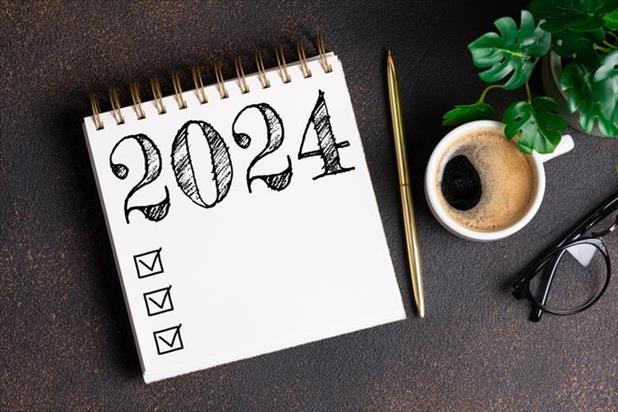Creating New Year’s Resolutions That Actually Work
As the year draws to a close and we await the arrival of 2024, the tradition of setting New Year’s resolutions is once again upon us! The act of making resolutions at the start of a new year has been a longstanding cultural practice. Generally, this tradition is driven by the human desire for self-improvement and personal growth. However, as many of us can attest, these resolutions often fade away as the year progresses. Centered Recovery is here to help you move forward in your recovery this new year to focus on you and your sobriety. So, let’s explore the reasons behind the creation of New Year’s resolutions, common examples, and why they tend to falter. Most importantly, we’ll discuss effective strategies to creating new year’s resolutions that actually work for you and your goals that stand the test of time!
Why Make New Year’s Resolutions?
The transition to a new year serves as a symbolic opportunity for a fresh start. It marks a natural point in time to reflect on the past and envision a better future. People create New Year’s resolutions to set goals, make positive changes, and break free from the shackles of old habits. It’s a chance to hit the reset button and embark on a journey of self-improvement.
Common New Year’s Resolutions
- Get Fit and Healthy: Joining a gym, starting a new workout routine, or adopting a healthier diet are classic resolutions aimed at enhancing physical well-being.
- Learn Something New: Whether it’s picking up a musical instrument, a new language, or a class, the pursuit of knowledge is a popular resolution.
- Save Money: Many individuals aspire to improve their financial habits, such as budgeting, saving, or investing, to achieve greater financial stability.
- Quit Bad Habits: Breaking free from habits like smoking, excessive drinking, or procrastination is a common and challenging resolution.
- Improve Relationships: Building stronger connections with family, friends, or partners is a resolution centered around enhancing emotional well-being.
Why Resolutions Often Fail
- Lack of Specificity: Vague resolutions like “lose weight” or “get in shape” lack clear objectives, making it difficult to track progress.
- Unrealistic Expectations: Setting overly ambitious goals can lead to frustration and disappointment when they prove unattainable.
- Lack of Planning: Failing to create a realistic plan of action can leave individuals feeling lost and overwhelmed.
- No Accountability: Without a support system or accountability measures, it’s easy to abandon resolutions when faced with challenges.
Creating Resolutions That Work
- Be Specific and Realistic: Define clear, achievable goals with realistic timelines. Instead of “lose weight,” try “exercise for 30 minutes, three times a week.”
- Break It Down: Divide larger goals into smaller, manageable tasks. This makes the journey less overwhelming and allows for incremental progress.
- Create a Plan: Develop a step-by-step plan outlining how you will achieve your resolutions. This adds structure and helps navigate potential obstacles.
- Share Your Goals: Inform friends or family about your resolutions to build a support network. Having someone to share successes and setbacks with increases accountability.
- Celebrate Milestones: Acknowledge and celebrate small victories along the way. This positive reinforcement reinforces your commitment to the resolution.
As we approach the New Year, the tradition of creating new year’s resolutions that actually work for your goals provides an opportunity for personal growth and positive change. Take the time to understand common pitfalls so that you can implement effective strategies! By doing so, we can increase the likelihood of turning our aspirations into tangible achievements. As we welcome 2024, let us embrace the potential for transformation and commit to resolutions that will shape a brighter and more fulfilling future.
Are you ready to take the first step toward recovery? Visit Centered Recovery Programs today and embark on your journey towards sobriety. Call us today at 800-556-2966 to speak with an admissions counselor!
Written by Jennifer Lopes, BS Psy






